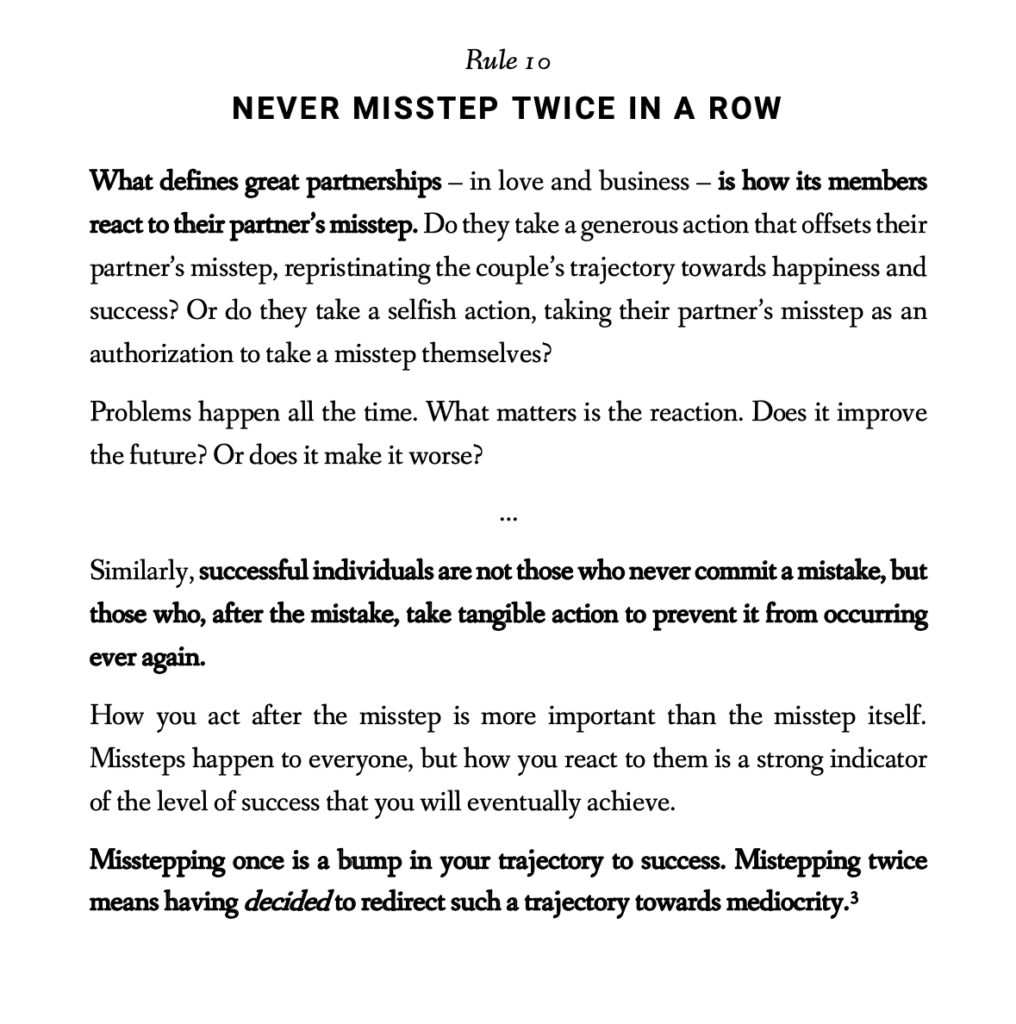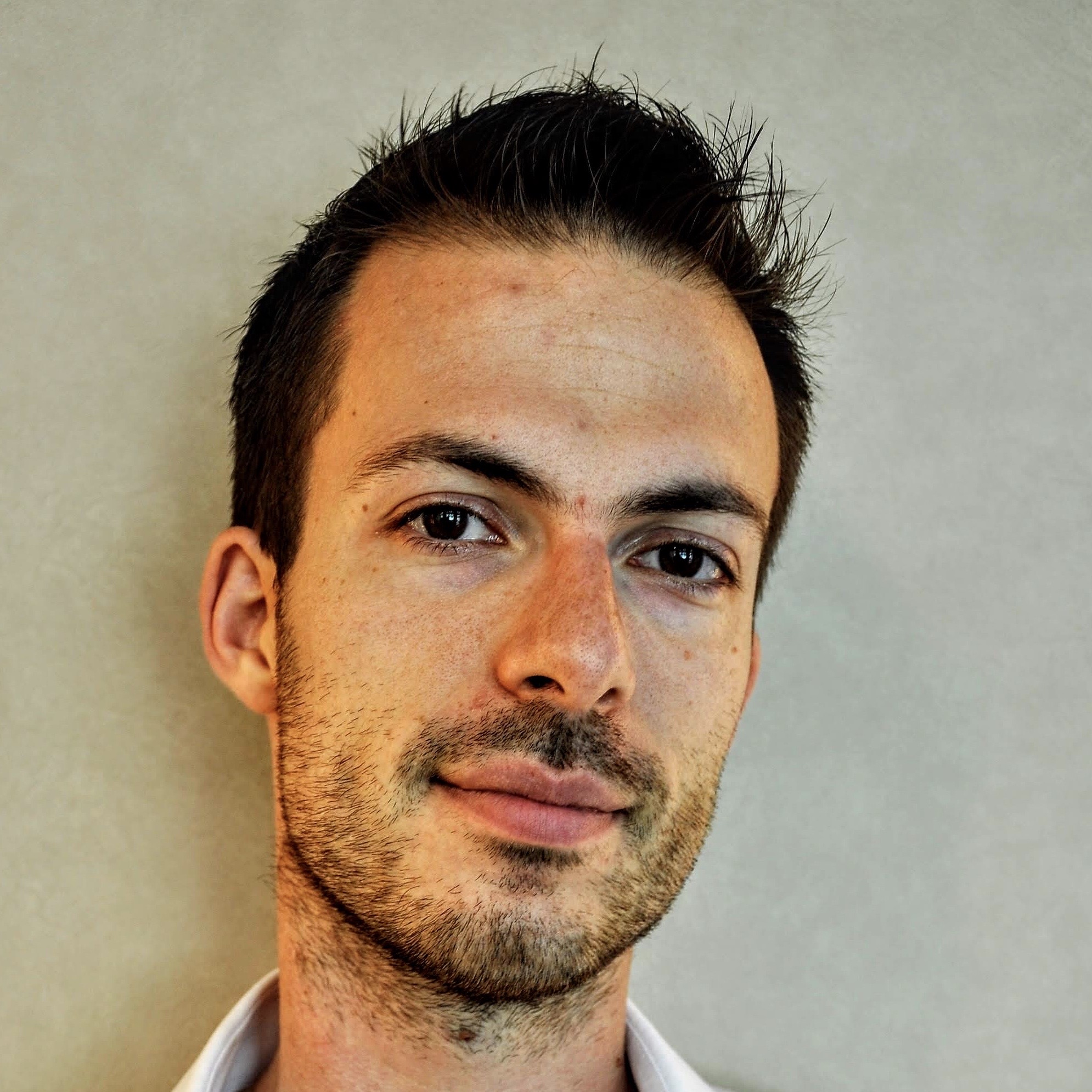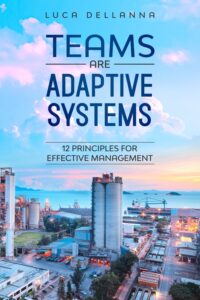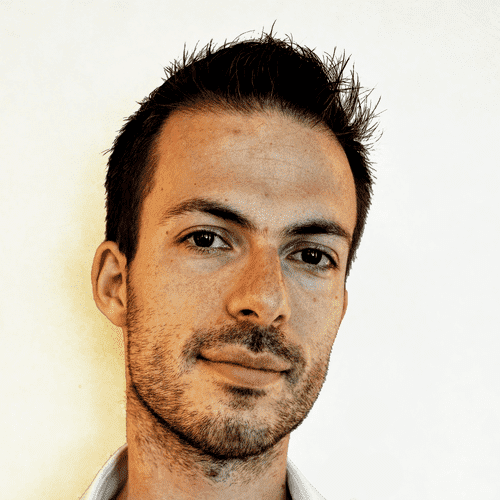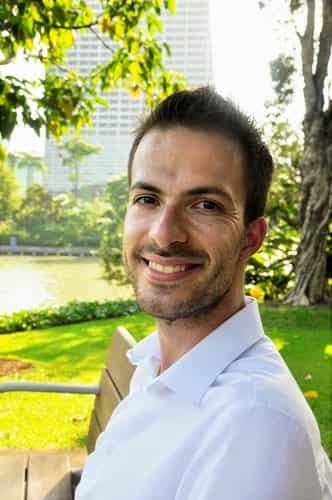Luca's monthly newsletter, on IQ, ethics, solving the right problem, and much more.
Learning
“It’s almost always better to learn from peers who are 2 years ahead of you than mentors who are 20 years ahead of you. Life evolves and most insights get outdated.” – James Clear
I believe it’s important to learn from both – each covers blind spots in the other.
The bottleneck to learning is iteration. Iteration between theory and practice, of course, but also iteration between sources of information. If you spend a decade listening to a single teacher, you won’t know whether he’s trustworthy or full of shit – and if it’s the latter, you’ll know too late. It’s better to go back-and-forth between a teacher and another, between listening and doing, between planning and executing – none of these alone is enough. The value is in the alternation.
Taking risks
In this Twitter exchange, Gal Shapira wrote, “There are people less skilled than you who have the results you want because they are taking more risks.” To which David Boxenhorn replied, “But not by taking risks that can ruin them. By taking risks that they can repeat.”
One key application of ergodicity is that performance is subordinate to survival. In many venues of life, to get good outcomes, you must “play the game” multiple times. “Staying in the game” is of critical importance and cannot be sacrificed for performance. Yes, all race champions were good at driving, but no one remembers all the good drivers who crashed before the finish line.
“Take many risks” is good advice – in particular the “many” part: if you take risks that can ruin you, you can at most take a few of them before the inevitable game-over. Make sure you can take many.
Obviously
“In the early days of a company, if something is not *obviously working* then it’s *not working*” – Tyler Tringas (link)
A mistake common to too many authors, coaches, creators, and freelancers: pushing an offering too hard. Yes, it might get them an additional sale or two; but if the product doesn’t sell itself, those additional customers won’t generate more customers. They won’t have the snowballing effect that is at the heart of any large success. Instead, it makes more sense to keep iterating until one finds product-market fit – until the offering resonates enough so that it “sells itself.”
This is well known in business, but it also applies to other areas of life. Relationships, finding one’s job or job path, and so on. Iterate before committing.
First, start
“Don’t ask for advice before you get started, ask for feedback once you have.” – Sahil Lavingia (link)
I wholeheartedly agree. The bigger problem with starting is, well, starting. Nothing matters more than starting, not even how to start or what to start with. And asking for advice delays starting. Sometimes, it even prevents it – if the advice overwhelms us.
Moreover, one of the most common reasons projects are abandoned is that their sense of ownership is lost. Asking for advice before you start might turn your project into someone else’s. If it happens, you’ll lose iteration speed and a sense of ownership – both of which are extremely helpful.
Future
“How to create a better future? Ask yourself these two questions. What am I not doing now that one day I’ll wish I had started earlier? What am I doing now that one day I’ll wish I had done less of?” – Thibault (link)
It’s extremely useful to answer these questions not just from your point of view, but also from that of the average elderly. Different people tend to desire different things but to regret the same ones. It’s worth keeping a door open to the idea that even if you’re not the average person, you might end up having the average person’s regrets. Unless you take action, of course.
Also, in my book “100 Truths You Will Learn Too Late”, I ask:
“If you keep doing what you’re doing every day for the next 10 years, what will your life look like?”
Events & courses
Registrations to the May cohort of my Antifragile Organizations course are open (link). Here is what one of the current participants is saying:
“Really enjoyable learning sessions for anyone interested in understanding anti-fragility and exploring how its key concepts may apply to people, teams, and organizations. The focus is always on application, not just theory. Luca’s sessions echo his writing style – he simplifies complexity, invites questions and discussion, and focuses on application, not just theory.” – Matt Flury,
On Saturday the 24th of April, I’ll hold a free talk on The Distributed Brain Framework (registration is free but mandatory: link).
On the following week, I’ll hold another free call on Getting Core Values Adopted. There are two registration links, for I will repeat the call to accommodate for two different time preferences:
- this one for Tuesday the 27th of April at 2pm CET / 5.30pm IN / 8pm SG, and
- this one for Wednesday the 28th of April at 7pm CET / 1pm EST / 10am PST.
In both cases, places are limited and registration is free but mandatory.
My April Twitter threads
- Behavioral confabulations
- Five reasons organizations fail to get core values adopted
- The pyramid of risk (recommended read)
- Capillarity
- The distributed brain
You can find the full list of all my Twitter threads here.
Excerpt
An excerpt from my book “100 Truths You Will Learn Too Late”.
(You can read the Roam version of this newsletter here: link)

